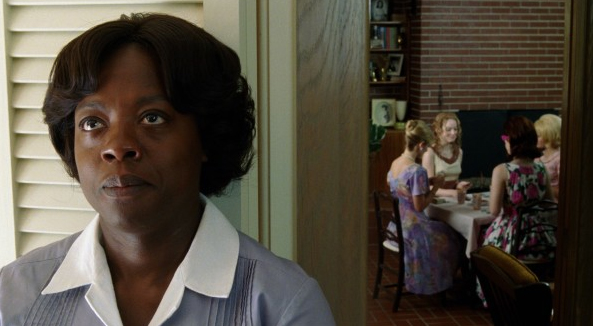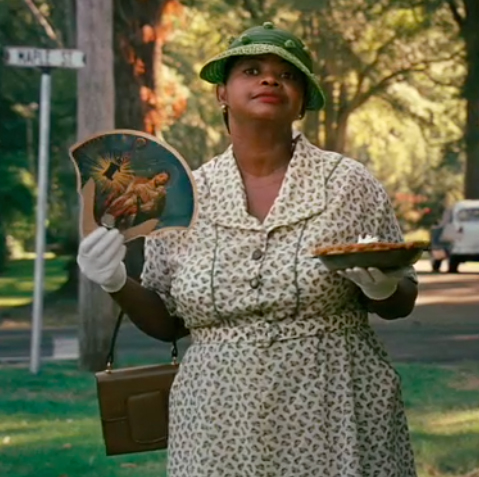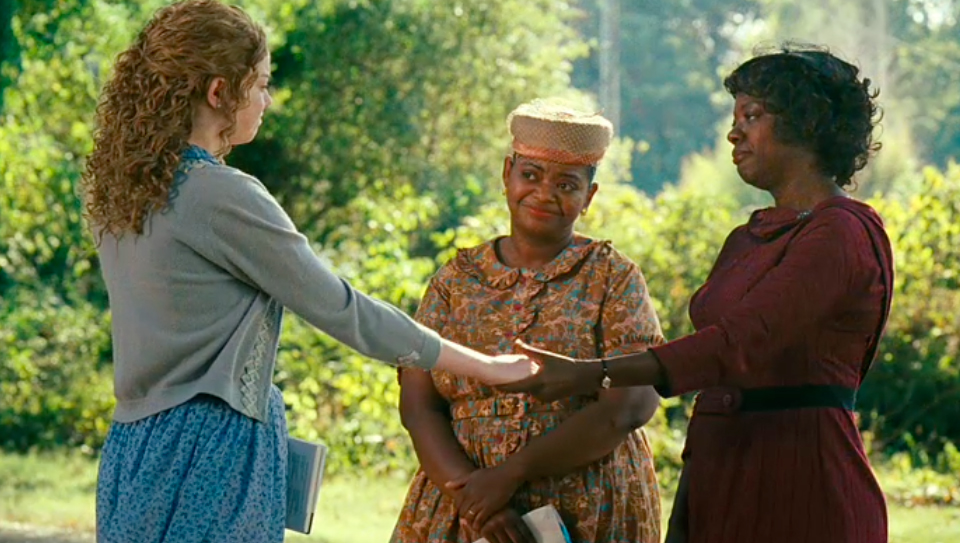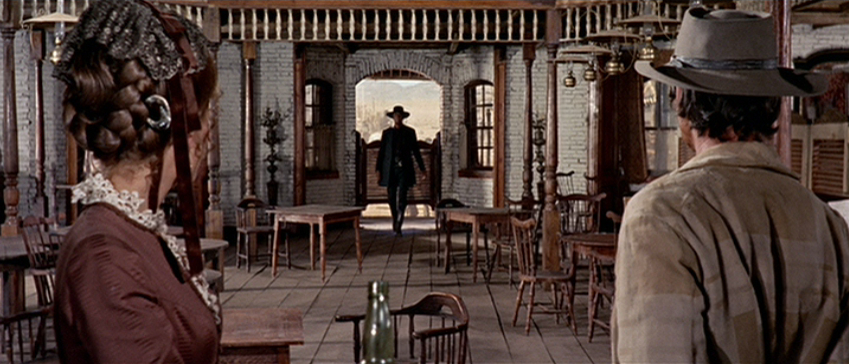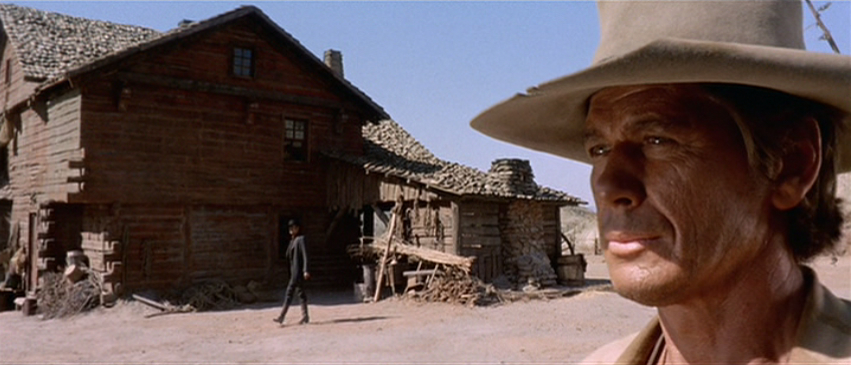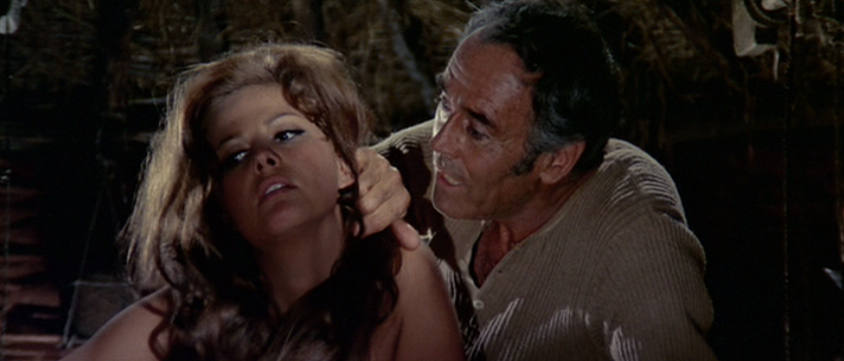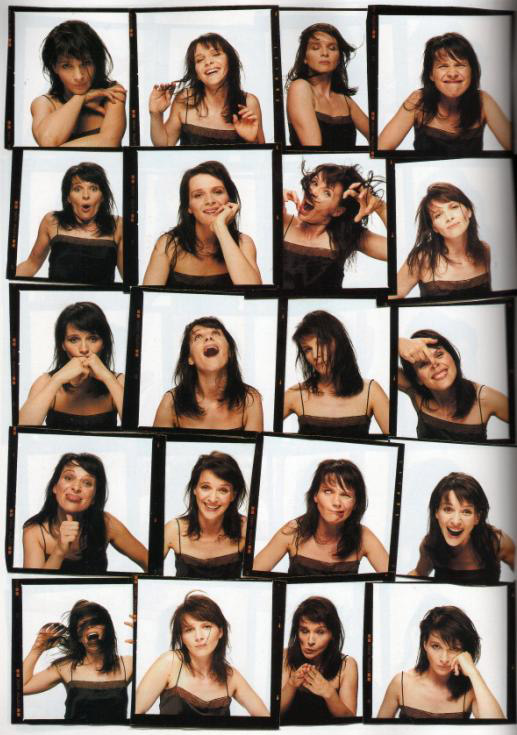Something is Golden in the State of Denmark.
 Friday, August 12, 2011 at 10:00AM
Friday, August 12, 2011 at 10:00AM Hot off an Oscar win in February for In a Better World, Denmark has announced their follow up contender ...or at least their intention to announce it. The land of my ancestors has narrowed down the past year in Dansk film to three tre: SuperClásico, Martin Zandvliet's Dirch (A Funny Man) and Pernille Fischer Christensen's En familie (A Family).
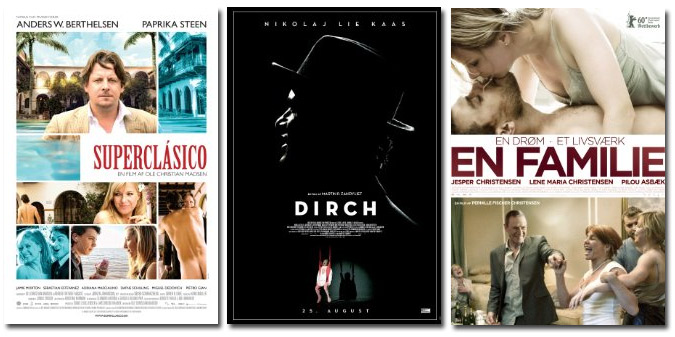
En Familie, which my Danish informant Thomas (tak!) predicts will be the selection is a drama about a wealthy family with a dying patriarch. Jesper Christensen stars. You might recognize him from the Daniel Craig Bond films (he plays Mr White) or from the popular Swedish flick Everlasting Moments. He's also in Melancholia this year though I don't know how large his role is there.
SuperClásico is a divorce comedy which actually takes place in Buenos Aires. No word yet on whether that naked bum on the poster is Argentinian or Dane in origin ;). It's from the director of Flame & Citron, a film that got a healthy festival run a few years back. Important Note: Paprika Steen headlines and you'll recall that she was the Film Bitch Silver Medalist right here in last year's "best" celebrations. It'll be nice to see her smile this time around!
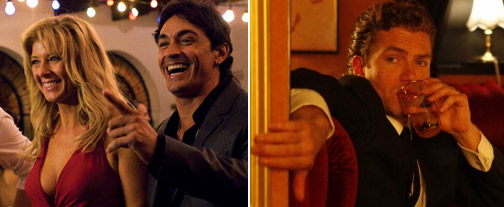 Nathaniel's Favorite Danes: Paprika Steen (SuperClásico) and Nikolaj Lie Kaas (Dirch)
Nathaniel's Favorite Danes: Paprika Steen (SuperClásico) and Nikolaj Lie Kaas (Dirch)
The final contestant, Dirch or A Funny Man is a biopic about a famous Danish comedian. It stars Nikolaj Lie Kaas who you may have seen in Lars von Trier's The Idiots or famous Scandinavian films like Reconstruction or Brothers (he originated the role that later housed Jake Gyllenhaal). He's only recently started to branch out into English language films (something many Scandinavian giants do albeit usually in minor supporting roles) so you might have also seen him in Angels & Demons or in Whistleblower, Rachel Weisz's Oscar bid, which recently opened here in the States. You might think that Dirch would be too homegrown specific for Oscar submission but you never know. There are always a few biopics in the 60+ wide submission list of people who are infinitely more famous in their home countries than abroad.
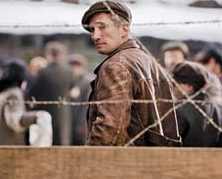 IN DARKNESS, Poland's Holocaust Themed Oscar EntryMore Best Foreign Film News
IN DARKNESS, Poland's Holocaust Themed Oscar EntryMore Best Foreign Film News
GREECE, which up until last year's Dogtooth, hadn't been nominated since 1977 (and has never won), will submit Attenberg, which you'll recall won the Best Actress prize at the Venice Film Festival last fall.
POLAND, 8 nominations / zero wins, will submit Agnieska Holland's In Darkness which In Contention made the following funny about.
Poland... appears to have intensively focus-grouped the Academy’s foreign-language branch and subsequently created their Oscar entry in a purpose-built lab: a true-life Holocaust drama about a Leopold Socha, a reformed petty criminal who heroically helped numerous Jewish refugees hide in the sewers of Nazi-occupied Lvov.
Holland was previously nominated for best screenplay for her arthouse hit Europa Europa in the early nineties, also a Holocaust drama.
What does all this mean? That I've got to start building the Oscar Foreign pages again. (My work is never done!) In case you missed it... here's the discussion about what Norway might submit.
 Nikolaj Lie Kaas,
Nikolaj Lie Kaas,  Oscars (11),
Oscars (11),  Paprika Steen,
Paprika Steen,  Poland,
Poland,  Scandinavia,
Scandinavia,  WW II,
WW II,  foreign films
foreign films 


